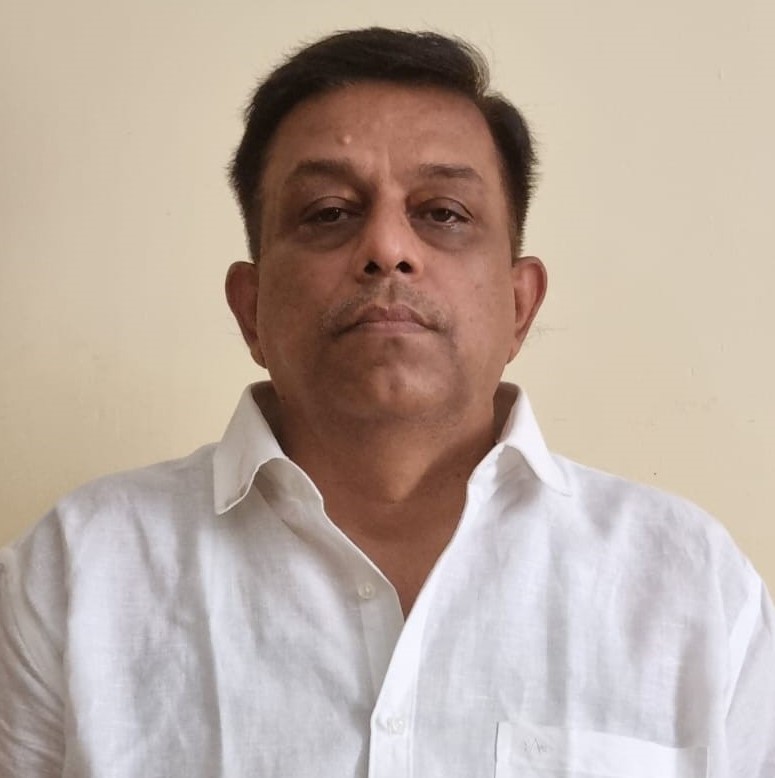Crackdown on Northeast Insurgents: Dhaka Prepares for Hasina’s India Visit
The Shaikh Hasina government in Bangladesh took a significant step towards improving bilateral relations with India when it arrested two top leaders of the United Liberation Front of Asom (ULFA) – ‘foreign secretary’ Sashadhar Choudhury and ‘finance secretary’ Chitraban Hazarika. Swinging into action, the government of India has succeeded in securing the custody of these leaders. This was an important development as past governments in Bangladesh had refused to accept that their territory was being used to launch terror attacks against India.
The report of the capture of the two senior ULFA leaders first became known from the outfit itself when its ‘military spokesperson’ Raju Baruah informed the media that Choudhury and Hazarika were picked up by Bangladeshi intelligence officials on November 1, 2009 from a house in Dhaka’s Uttara area. ULFA thought that once this news became public ‘human rights organizations’ active both in Dhaka and Guwahati might help bail out its leaders. Subsequently, the outfit also called for a dawn-to-dusk general shutdown across Assam on November 9 to protest the detention of its leaders. ULFA chairman Arabinda Rajkhowa even alleged that the detention of Hazarika and Choudhury was part of the Indian government’s “conspiracy” to neutralise the organisation’s leaders.
Reports indicate that New Delhi and Dhaka may have reached a tacit understanding that Northeast rebels based in Bangladesh will be simply picked up and handed over to India. If this pattern is followed it will become a norm.
ULFA’s popularity has already reached its nadir in Assam. These arrests are a further setback. But the importance of these arrests should not be overestimated. Both arrested leaders have been out of action for a long time. Currently, they do not know much about the outfit or its finances. Of the 16 members of the ULFA’s Central Executive Committee, four are in a Guwahati jail – Vice-Chairman Pradip Gogoi, adviser Bhimkanta Buragohain, cultural secretary Pranati Deka and central publicity secretary Mithinga Daimari. Another leader Ramu Mech is on parole. The latest arrests add to this number.
ULFA in its present shape is singlehandedly controlled by Paresh Barua who has now reportedly left Bangladesh. He is unlikely to return to Bangladesh anytime soon as he is also named in the Chittagong arms seizure case. The smugglers arrested during the arms haul have alleged that Barua personally supervised the trafficking of weapons. ULFA Chairman Aravinda Rajkhowa has now moved to another location outside Dhaka. Both Barua and Rajkhowa have substantial business interests in Bangladesh.
Most ULFA leaders have Muslim aliases. At the time of their “detention,” Hazarika was living under the name of Ashfaqul Hossein, while Choudhury was known as Rafiqul Islam. They also have Bangladeshi voter identity cards and passports. Bangladeshi intelligence sleuths had seized these documents from Choudhary and Hazarika before handing them over to India.
Reports have also indicated that the families of Paresh Barua and Rajkhowa are under surveillance. Clearly the government has not gone all out against the ULFA or other Northeastern insurgents. It seems the top leaders are informed in time to move to other safe locations.
There are other top insurgent leaders still residing in Bangladesh. They are Ranjan Daimary of the pro-sovereignty faction of the National Democratic Front of Boroland (NDFB), Biswamohan Debbarma of the National Liberation Front of Tripura (NLFT) and Ranjit Debbarma of the All Tripura Tiger Force (ATTF). Only the insignificant ones have so far been targeted and that too only to pacify New Delhi and prevent it from raising this issue during Hasina’s upcoming visit to India.
It is also possible that Bangladesh took this step to improve its own internal security. In October 2009, Bangladesh’s Home Minister Shamsul Haque Tuku was cited as saying that the government had directed the law enforcement agencies to crack down on ULFA bases following intelligence reports that the group was planning major strikes in Dhaka. In a subsequent development, Amal Das, a senior ULFA leader, was arrested by security forces in Dhaka. As the comfort level of Indian insurgent outfits based in Dhaka dips, it is likely that they might indulge in some terror activity even inside Bangladesh. In this context, the recent handover of ULFA leaders, despite the absence of a formal extradition, might bode well for the internal security situation in both countries. It is to be hoped that this practice will be sustained in the future and it will not end with the visit of Shaikh Hasina.








